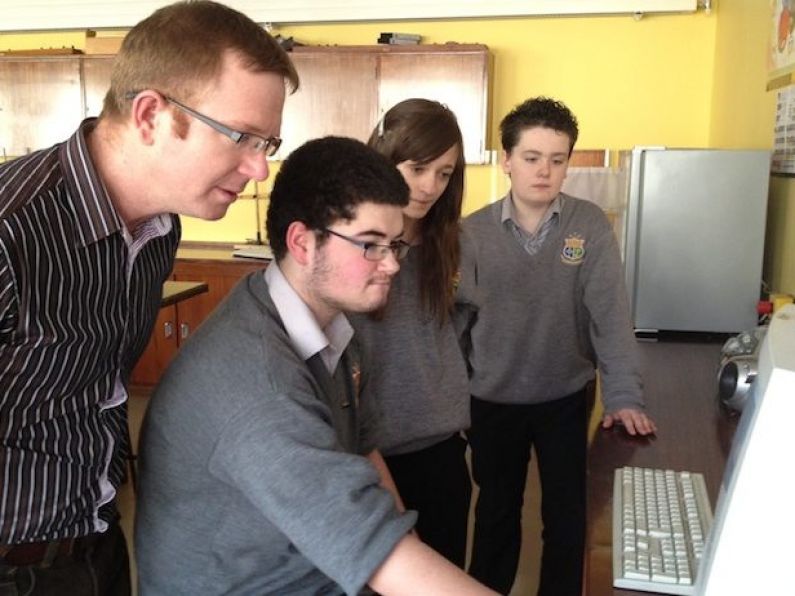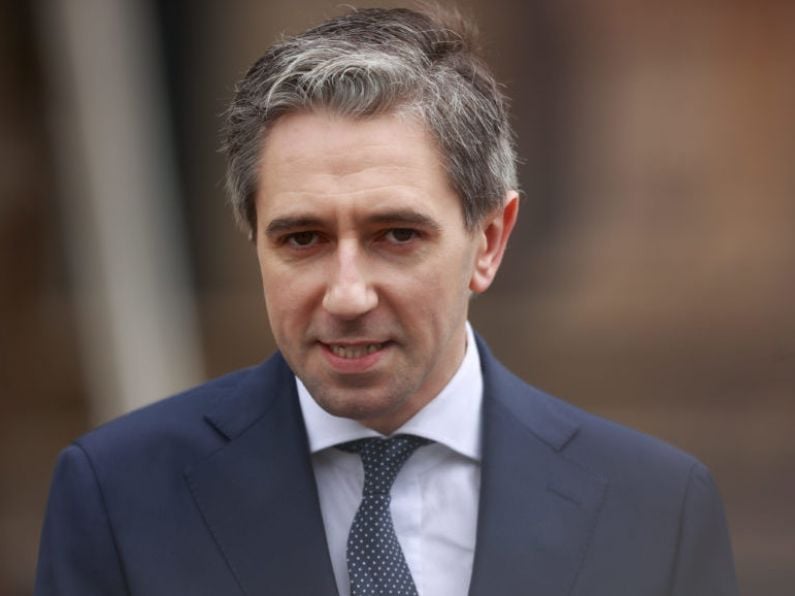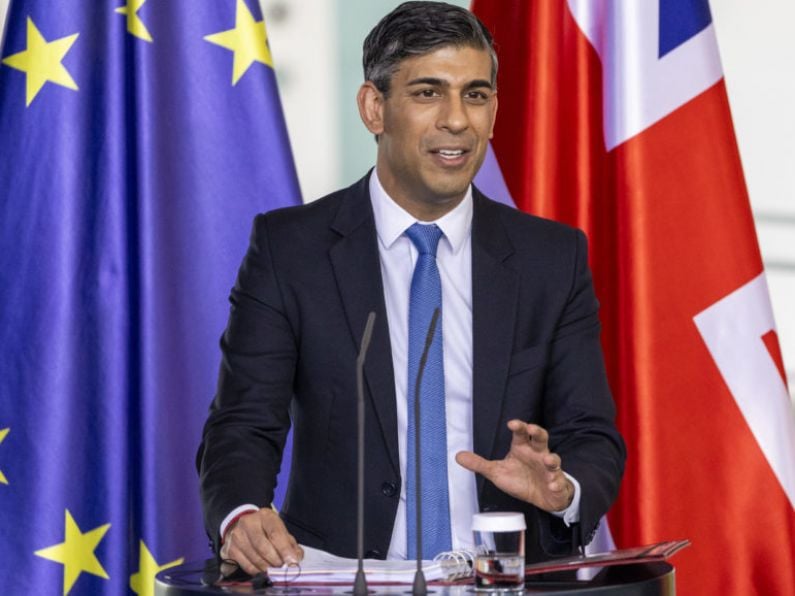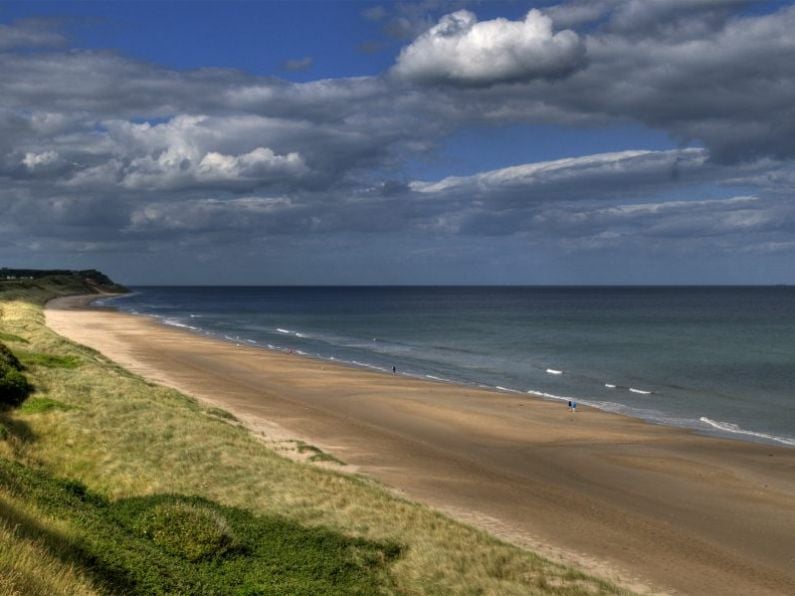By Philip Hartley
The euro hit new year-to-date lows against the dollar last week as the currency’s political sensitivity returned to the forefront of investor concern.
Markets are attempting to digest how German chancellor Angela Merkel’s decision to step down as chair of her Christian Democratic Union (CDU) party will affect Germany’s, and subsequently Europe’s, increasingly difficult political landscape.
A dismal performance in the Hesse regional elections last weekend had compounded growing concerns within Merkel’s already weakened governing grand coalition, and after the poor showing of both governing parties in the key Bavarian regional elections earlier in the month, Merkel was finally forced to act.
This souring sentiment surrounding European politics is in stark contrast to the optimism last year when French President Macron’s election saw a reinvigorated centrist movement drive promise around European integration, helping propel the euro from its lows around 1.05 to highs of 1.25 against the dollar at the beginning of this year.
As these grand ambitions for the European project found progress elusive, and the election of a populist eurosceptic Italian government in the spring dashed hopes of a concerted drive for consensus across the core European countries, the euro has subsequently deflated along with these European dreams, surrendering over half the post-Macron election gains.
[quote]Has Germany, and indeed Europe, reached a nadir— its “Macron Moment” — or will populists dictate the next step in the evolution of the European project and hence the single currency?[/quote]
The clues from here lie in the CDU party conference on December 7-8 at which the next leader of the party will be selected. Annegrat Kramp-Karrenbauer, or “AKK” as she is often called, is the clear favourite. Dubbed “mini Merkel” by the German press, she would see a continuation of the centrist policy path Merkel has blazed over the last 18 years. In contrast AKK’s most likely challengers, Jens Spahn and Friedrich Merz, would see a shift to the right and towards a more pro-business CDU agenda.
Merkel’s grand coalition partner, the left-leaning Social Democratic Party (SPD), will look on at all these political machinations with keen interest from the sidelines. The elevation of Spahn, or Merz in particular will be viewed as hastening Merkel’s demise as chancellor, whilst the establishment favourite AKK could well see Merkel once again defy her critics and complete this parliament’s term into the end of 2021 and, incidentally, past the next US presidential elections.
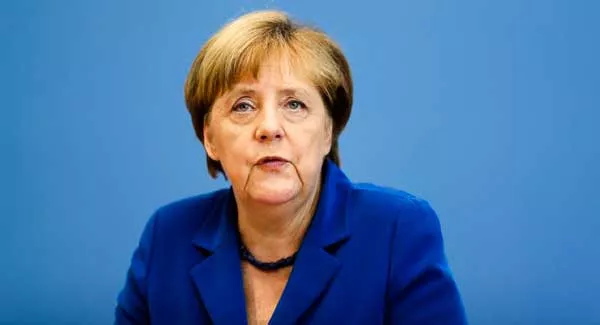
Outside of the two major parties, investors are rightly concerned by the rise of the right wing anti-European AFD party in the regional elections.
There is growing market concern the SPD may finally decide to exit the grand coalition it was only reluctantly coaxed into by Merkel earlier this year, invariably leading to fresh elections and raising questions over Germany’s — and, hence, Europe’s — ability to deal effectively with crucial European issues such as Brexit, Italy or eurozone reform, opening significant downside risks for the single currency in the near term.
The recent euro weakness is reminiscent of March of last year, when the single currency was weighed down by the possibility of a populist vote winning in France with Marine Le Pen. However, those initial months of political uncertainty and heightened market volatility eventually gave way to a near 20% rally in the single currency once the elections themselves had passed.
What if Merkel’s demise were to, ultimately, lead to a reinvigorated CDU leadership, possibly combined with a pro-European, pro-fiscal stimulus Green Party.
Germany, Europe and its currency may ironically be just about to approach its “Macron Moment” with commensurate significant upside for the euro, once the initial volatility abates.
Philip Hartley is head of foreign exchange and emerging markets at Bank of Ireland Global Markets


